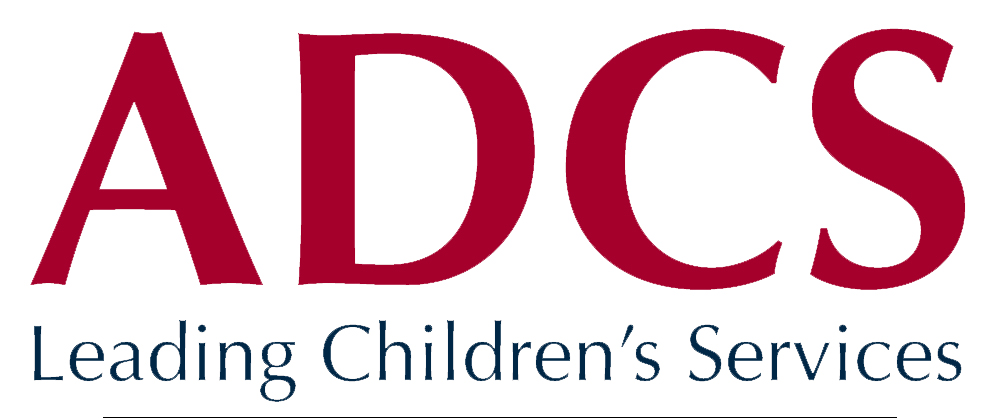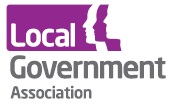This chapter provides basic information about support that a parent or other adult in the family group may be entitled to if they have care needs.
When a parent or other adult in the household has needs arising from a physical or mental impairment or illness, they may be eligible for care and support under the Care Act 2014. They would need to be referred to adult social services or the mental health team, as appropriate, for an assessment of need. Equivalent legislation exists in Wales, Scotland and Northern Ireland.
It is likely that any care and support needs the adult may have would be identified when the child in need assessment is carried out. However, such needs may arise after the family has been provided with support.
Practitioners need to be aware of some key points when referring to Adult Social Services:
- Adult Social Services are required to undertake a needs assessment when an adult presents with an appearance of need.
- Eligibility for care and support is set out in the Care and Support (Eligibility Criteria) Regulations 2015 which require an adult to:
- have needs arising from or related to a physical or mental impairment or illness;
- be unable to achieve two or more outcomes that are specified in the regulations; and
- as a consequence there is or is likely to be a significant impact on the adult’s well-being.
- When an adult has eligible needs, the local authority must then determine how to meet these.
- When the adult has eligible needs and requires care and support which can only be provided in a home environment, then the local authority may be required to provide accommodation in order to meet the adult’s needs.
- When the adult does not have eligible needs, the local authority must decide whether to use its power to meet non-eligible needs, and if not, explain this decision to the adult.
- The provision of support and assistance under the Care Act 2014 is excluded under Schedule 3 of the Nationality, Immigration and Asylum Act 2002 for certain people. Therefore the provision of assistance to meet eligible needs will be subject to a human rights assessment when the exclusions apply.
- The local authority can only meet the needs of an adult who is ordinarily resident in the local authority area (i.e. has voluntarily taken up residence in the area for a settled purpose), or has no place of settled residence and is present in the area. Responsibility is therefore subject to a different test to that which applies to assisting a child in need, so it is possible that a different local authority to may be responsible for meeting any assessed care and support needs of the adult.
8.1 Pregnant women
There is no specific legislation that requires a local authority to accommodate a destitute pregnant woman with NRPF when she has no children in her care. However, the general power under section 19(1) of the Care Act 2014 permits local authorities to meet needs that do not satisfy the care and support eligibility criteria:
“(1) A local authority, having carried out a needs assessment and (if required to do so) a financial assessment, may meet an adult’s needs for care and support if—
(a) the adult is ordinarily resident in the authority’s area or is present in its area but of no settled residence, and
(b) the authority is satisfied that it is not required to meet the adult’s needs under section 18.”
Expectant mothers with no children who present as destitute and have no care and support needs other than those that are pregnancy related, may therefore be provided with accommodation under section 19(1) of the Care Act. A power under section 19(3) allows urgent needs to be met before an assessment of need has been carried out.
When legislation prior to the Care Act 2014 was in force, the courts confirmed that local authorities could consider the availability of asylum support from the Home Office for expectant mothers because the local authority exercised a power rather than performed a duty in providing accommodation to them. It seems likely that the local authority can therefore take into account the availability of asylum support when exercising this power.
The provision of support and assistance under section 19(1) of the Care Act 2014 is excluded under Schedule 3 of the Nationality, Immigration and Asylum Act 2002 for certain people. Therefore the provision of assistance to meet eligible needs will be subject to a human rights assessment when the exclusions apply.
Although the power that may be used to support a pregnant woman is set out in adult social care legislation, it is often the case that a pregnant woman will be supported by Children’s Services as an assessment of the mother’s parenting capacity may also be required, and, once the child is born, the duty to undertake a section 17 child in need assessment will be engaged.
For more information, see our practice guidance:

